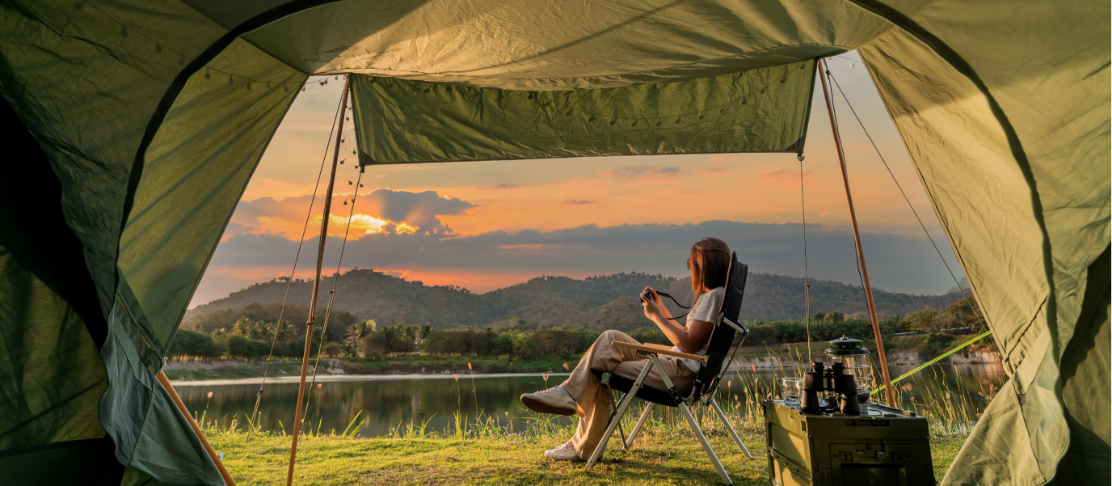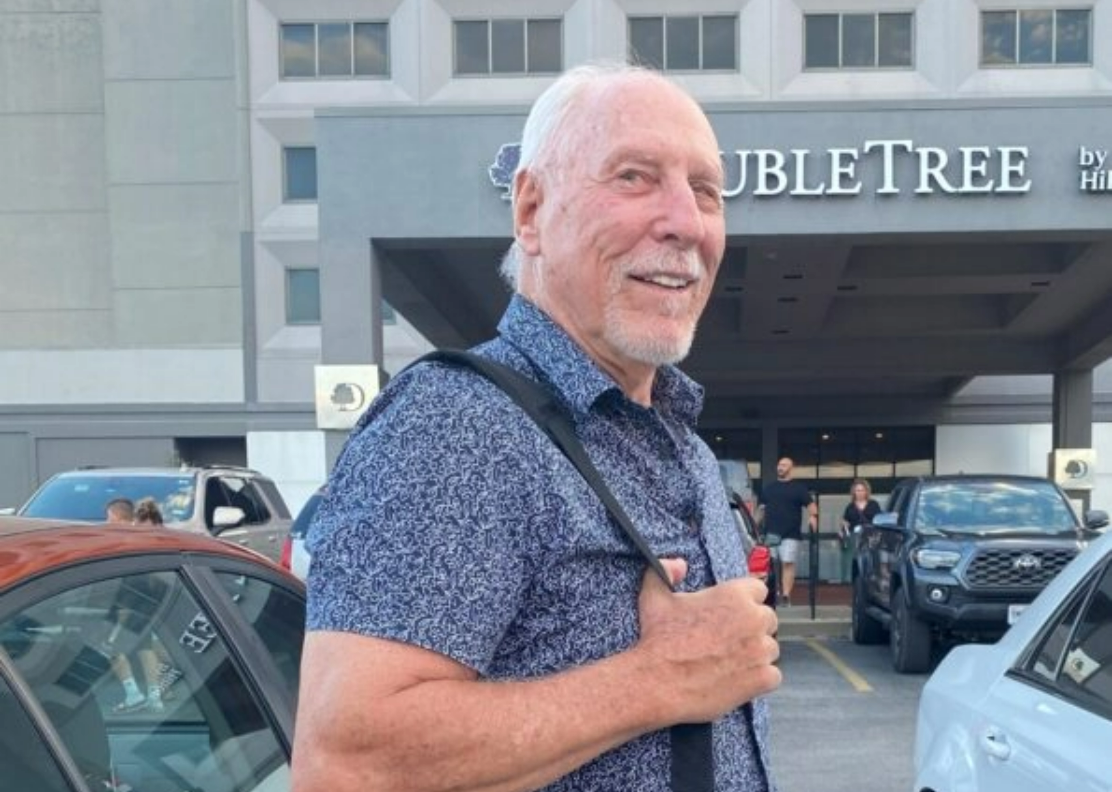About Us
Building a community to
protect the Great Outdoors.
Our Mission
Our mission is to reduce 1 lb fuel cylinder waste with a solution that is both safe and sustainable. That solution is Little Kamper 1 lb cylinder exchange.
Propane is a terrific fuel choice for outdoor recreation. It’s non-toxic, non-polluting, and cannot contaminate soil or water. It’s also easy to buy and safely transport.
Little Kamper 1 lb cylinder exchange works the same way as 20 lb BBQ cylinder exchange. You buy a cylinder, pre-filled and ready to use. When you need more fuel, you visit a participating retailer, and exchange your empty cylinder for a prefilled, discounted replacement. The empty cylinder is returned to us for inspection, refilling, and reuse.
With nearly a century of propane industry experience and a sincere desire to solve this problem, we follow in the footsteps of longstanding environmental protection and stewardship groups.
It was five generations ago that John Muir brought President Roosevelt to Yosemite. It was a generation ago that the single-use propane cylinder was introduced. Our hope is that within the next generation, enough people will adopt Leave No Trace outdoor ethics that with Little Kamper, fuel cylinder waste will become a thing of the past.

Join us and take
the pledge
A mission is only as good as the people who believe in it. Take action with us and pledge to love the outdoors responsibly.
An Idea Sparks
In 2014, Flame King introduced their 1lb refillable propane tank. It was built for reuse, with a thicker steel shell and a brass valve that could stand up to years of outdoor adventures. Flame King showed off the tank to propane companies all over the US but there was little interest in a tank that could only hold 16oz of propane and allowed the end user to refill the tank. But that wasn’t true at Kamps Propane.
John was determined to see if 1lb tank exchange could become his next new business. The Little Kamper was created as a program for Kamps Propane customers who could buy and exchange their tanks at the 13 Kamps Propane locations around California. Within a few years, interest in the program from retailers in Northern California brought John to create the pilot program that tested retail distribution for the Little Kamper. Two years later, he decided it was time to invest in the technology required to expand the company. Little Kamper is now available across the lower 48 United States and the company fills and refills Little Kamper tanks in CA and MO with a state-of-the-art automated system that pre-weighs the tank, filling the tank to the correct fuel level. Then it is weighed again for correct overall weight and finally leak checked to ensure the tank is safe and leak free.
Our Story
Our Story The Little Kamper story is about people who love to be outdoors and their sincere desire to protect our environment for future generations.

Our Founder
Our Founder John Kamps grew up in California’s Central Valley and began his outdoor life as a kid, exploring the Sierra foothills and mountains long before they became the popular destination of today’s visitors.
After college, John started his first company, Kamps Propane, and began a career in the propane industry that eventually included owning 5 companies and having hundreds of employees. One of his companies, Pick Up Propane, recognized the need for a propane tank recycling service and began offering that service in 2011. Within a few years, Pick Up Propane was receiving used 1lb propane tanks by the truckload. The tanks were all made by one American company, distributed and sold through retail stores, and then used by people for outdoor recreation.
Few people realized the volume of waste created by these tanks. Recycling them was time-consuming, hazardous, and costly. The cost of keeping these tanks out of landfills was paid by national parks, state parks, counties, and hidden in the trash bills of people around California. Single-use 1lb propane tanks create an environmental problem with a substantial cost and in many places, they simply end up in landfills. And the one American company was manufacturing millions of the tanks every year.